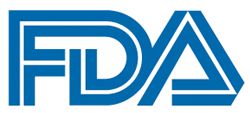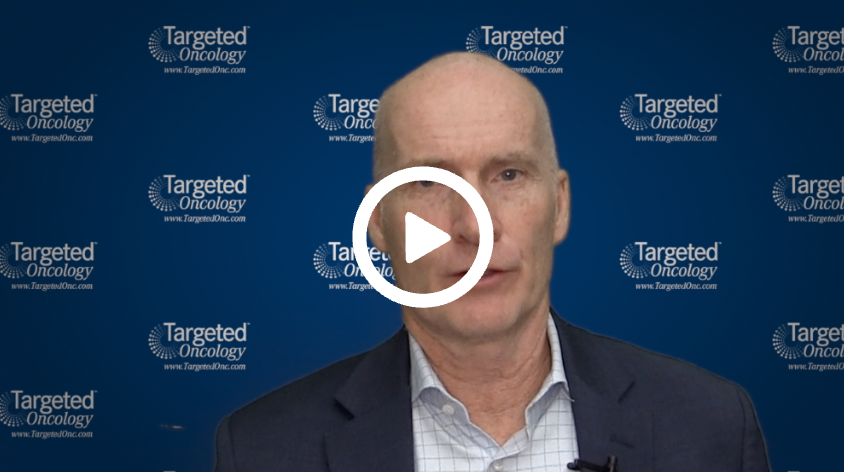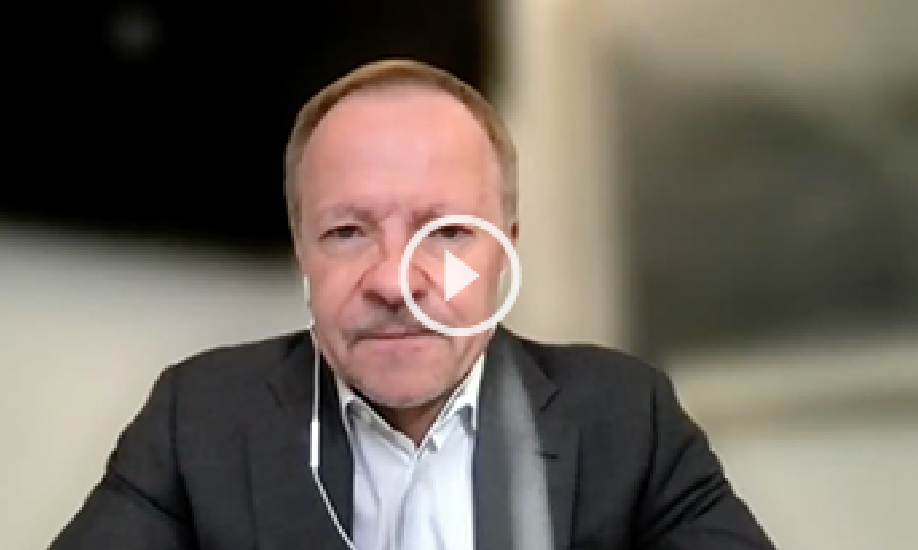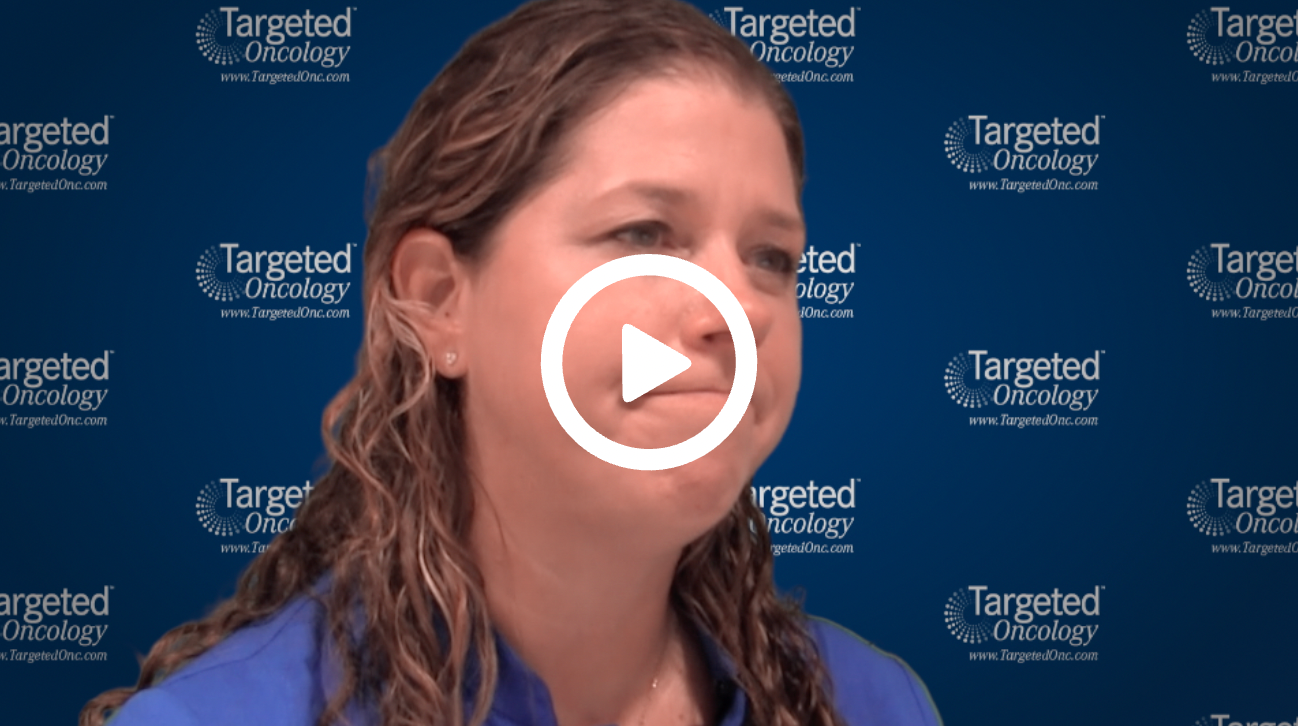HPV Vaccine Gardasil 9 Receives FDA Approval for Use Up to Age 45
Gardasil 9 (HPV 9-valent Vaccine, Recombinant), a vaccine for the prevention of HPV, has been approved by the FDA for use in males and females aged 9 through 45 years.

Gardasil 9 (HPV 9-valent Vaccine, Recombinant), a vaccine for the prevention of HPV, has been approved by the FDA for use in males and females aged 9 through 45 years.1
Gardasil 9 was previously approved by the FDA in 2014 for use in males and females aged 9 through 26 years. The vaccine has been shown to prevent cancers and other diseases caused by the 9 types of HPV: 6, 11, 16, 18, 31, 33, 45, 52, and 58.
“Today’s approval represents an important opportunity to help prevent HPV-related diseases and cancers in a broader age range,” Peter Marks, MD, PhD, director of the FDA’s Center for Biologics Evaluation and Research,” said in a press release.
“The Centers for Disease Control and Prevention has stated that HPV vaccination prior to becoming infected with the HPV types covered by the vaccine has the potential to prevent more than 90% of these cancers, or 31,200 cases every year, from ever developing,” added Marks.
Gardasil, the predecessor to Gardasil 9, was approved by the FDA in 2006. That vaccine, which prevents malignancies causes by types of HPV, is no longer distributed in the United States. However, efficacy data for Gardasil can be extrapolated to Gardasil 9, since the 2 vaccines are manufactured similarly and Gardasil is targets 4 of the 9 HPV types covered by Gardasil 9.
In a large trial of women aged 27 to 45, Gardasil demonstrated an efficacy rate of 88% in preventing persistent infection, genital warts, vulvar and vaginal precancerous lesions, cervical precancerous lesions, and cervical cancer related to HPV 6, 11, 16, and 18. The study included approximately 3200 women and the average follow-up was 3.5 years.
The FDA used these data, as well as up updated long-term follow-up data from the study, as the basis for increasing the approved age up to 45 for Gardasil 9 in women. The new approval of Gardasil 9 for men aged 27 to 45 was based on inferred efficacy from the 3200-women Gardasil trial and efficacy results for Gardasil in men aged 16 to 26. The FDA also reviewed immunogenicity data from a study in which a 3-dose regimen of Gardasil over 6 months was assessed in 160 men aged 27 to 45 years.
Gardasil 9 was shown to be safe and tolerable in a combined male and female population of approximately 13,000 individuals. Adverse reactions that were most frequently reported included injection site pain, swelling, redness and headaches.
According to Merck (MSD), the manufacturer of Gardasil 9, the “vaccine is indicated in the United States in females 9 through [45] years of age for the prevention of cervical, vulvar, vaginal, and anal cancers caused by HPV types 16, 18, 31, 33, 45, 52, and 58; precancerous or dysplastic lesions caused by HPV types 6, 11, 16, 18, 31, 33, 45, 52, and 58; and genital warts caused by HPV types 6 and 11. Gardasil 9 is also indicated in males 9 through [45] years of age for the prevention of anal cancer caused by HPV types 16, 18, 31, 33, 45, 52, and 58; precancerous or dysplastic lesions caused by HPV types 6, 11, 16, 18, 31, 33, 45, 52, and 58; and genital warts caused by HPV types 6 and 11.”2
The company also noted that “Gardasil 9 is contraindicated in individuals with hypersensitivity, including severe allergic reactions to yeast, or after a previous dose of Gardasil 9 or Gardasil."
References:
- FDA approves expanded use of Gardasil 9 to include individuals 27 through 45 years old. FDA. Published October 5, 2018. Accessed October 7, 2018. https://bit.ly/2zVRxa9.
- FDA Grants Priority Review to Merck’s Supplemental Biologics License Application (sBLA) for GARDASIL®9 in Women and Men Ages 27 to 45 for the Prevention of Certain HPV-Related Cancers and Diseases. Merck. Published June 13, 2018. Accessed October 7, 2018. https://bit.ly/2zWvlgo.






